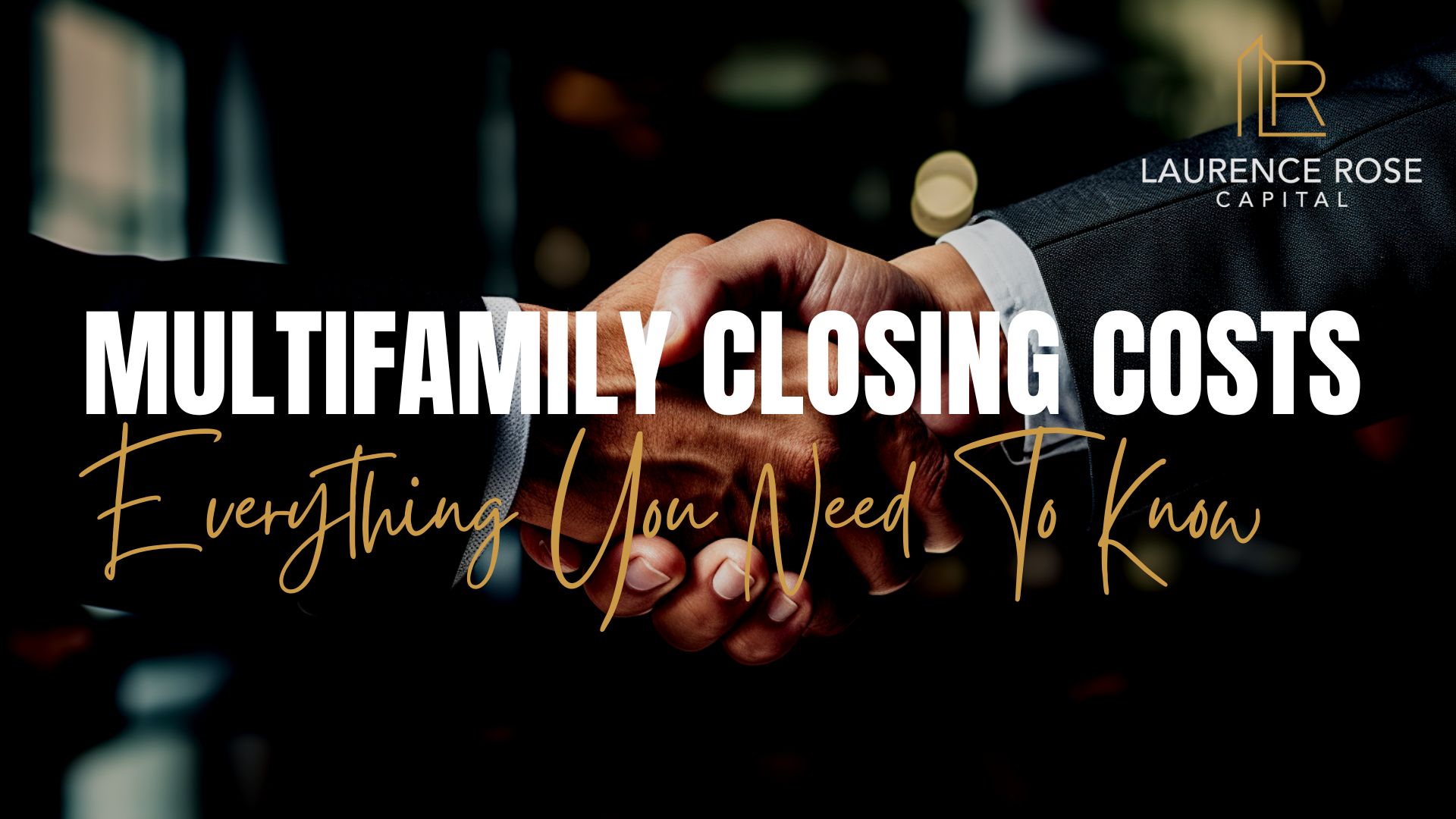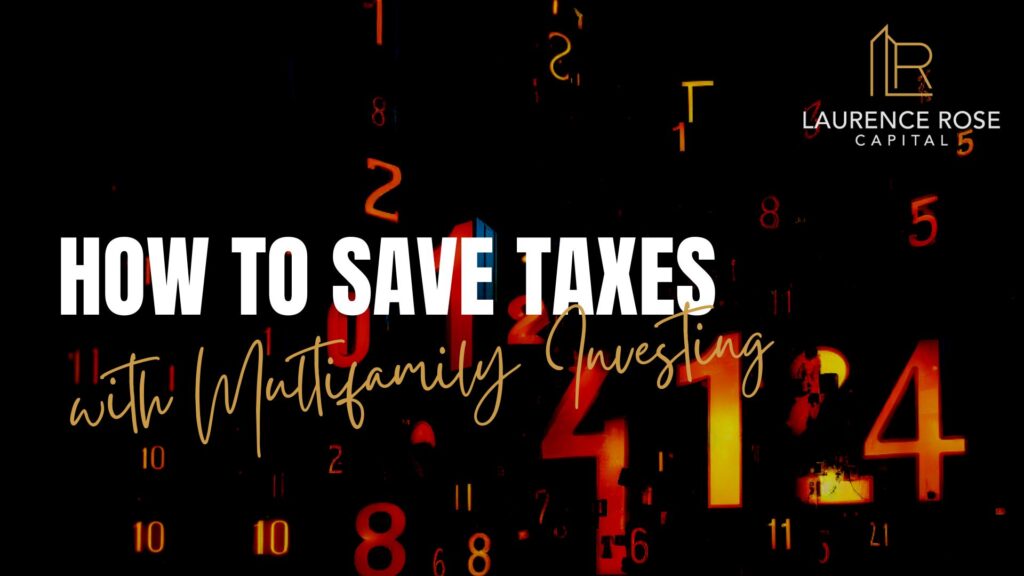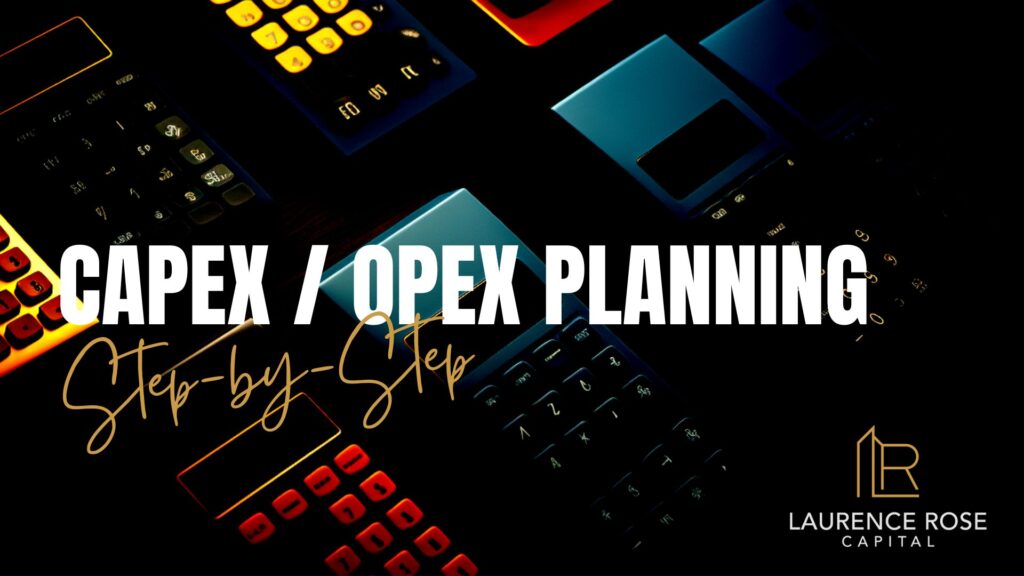Closing costs are the various fees and expenses associated with the finalization of a real estate transaction. In the context of multifamily properties, these costs can be significant and should be considered by both buyers and sellers. Below, we’ll explain the typical multifamily closing costs and provide suitable examples for each.
1. Loan Origination Fees:
- Explanation: These are fees charged by the lender for processing and underwriting the loan.
- Example: If you’re financing the purchase of a 10-unit apartment building with a loan amount of $1 million and the lender charges an origination fee of 1%, you would pay $10,000 in loan origination fees.
2. Appraisal Fees:
- Explanation: Lenders require an appraisal to determine the property’s value. The borrower typically covers this cost.
- Example: An appraiser charges $3,000 to assess the value of your 20-unit multifamily property.
3. Title Search and Title Insurance:
- Explanation: A title search ensures there are no outstanding claims or liens on the property’s title. Title insurance protects the buyer and lender against any future title issues.
- Example: Title search and insurance costs might amount to $2,500 for a multifamily property.
4. Attorney Fees:
- Explanation: Legal professionals are often involved in the closing process to review contracts and ensure the transaction complies with all laws.
- Example: Your attorney charges $2,000 for their services in the multifamily property purchase.
5. Recording Fees:
- Explanation: These fees are paid to the local government for recording the property transaction.
- Example: Recording fees can vary by location but might be around $500.
6. Property Inspection Fees:
- Explanation: Buyers often conduct property inspections to identify any necessary repairs or issues.
- Example: You pay an inspection company $1,500 to assess the condition of a 12-unit apartment complex.
7. Escrow Fees:
- Explanation: Escrow companies manage the transfer of funds and documents between the parties involved in the transaction.
- Example: Escrow fees might amount to $1,200 for a multifamily property sale.
8. Property Taxes and Insurance:
- Explanation: Buyers may be required to prepay property taxes and insurance for a portion of the year.
- Example: If property taxes for the year are $10,000 and you’re closing the sale in July, you might need to prepay $5,000.
9. Survey Costs:
- Explanation: A surveyor may be needed to determine the property’s boundaries and ensure there are no encroachments.
- Example: Survey costs could be $2,500 for a large multifamily property.
10. Transfer Taxes:
- Explanation: Some localities impose transfer taxes on property sales.
- Example: A 2% transfer tax on a $2 million sale would amount to $40,000.
11. Miscellaneous Fees:
- Explanation: These can include courier fees, document preparation charges, and other miscellaneous expenses.
- Example: Miscellaneous fees may add up to $1,000 in a multifamily property transaction.
It’s important to note that the specific closing costs and their amounts can vary depending on factors such as location, property size, and the terms negotiated between the buyer and seller. Both parties should carefully review the closing costs and consider them when budgeting for a multifamily property transaction.







